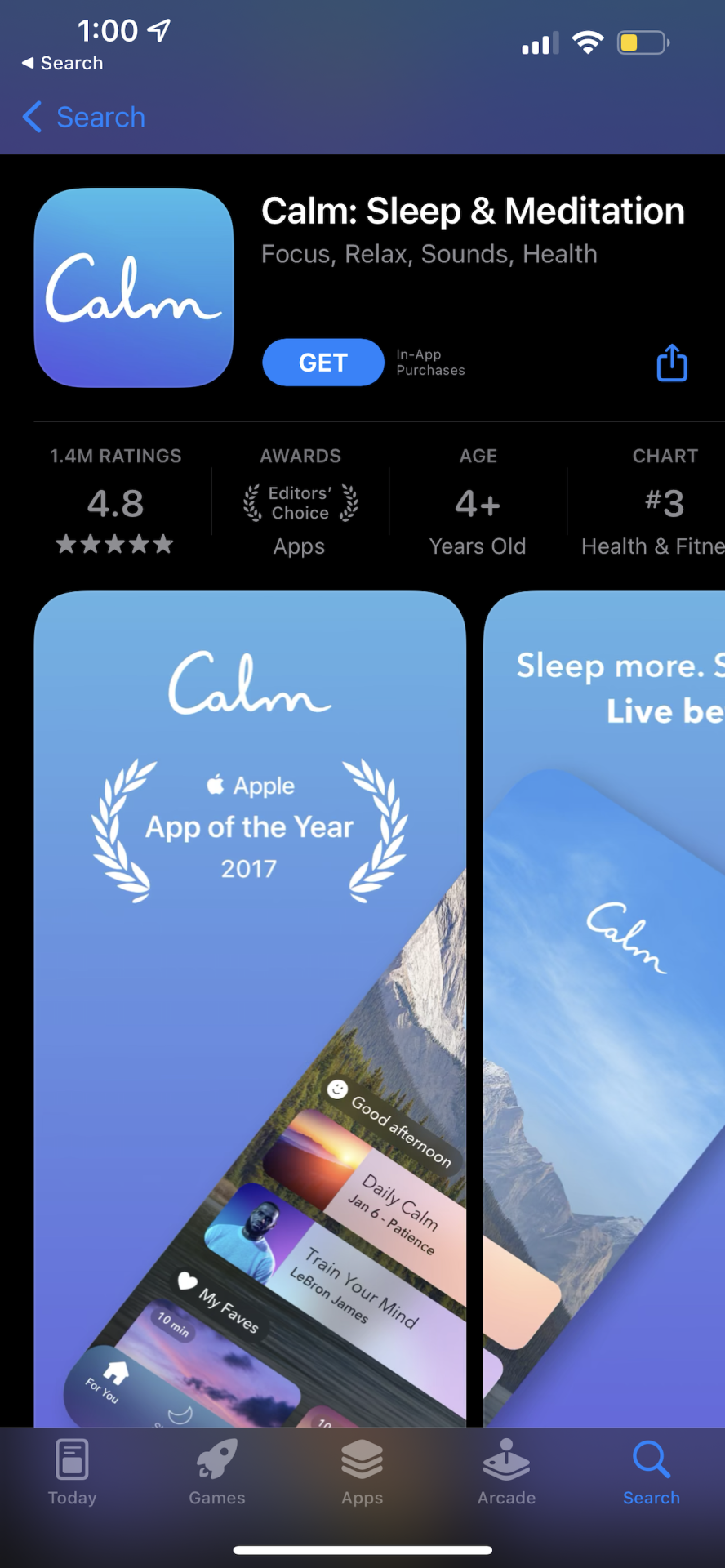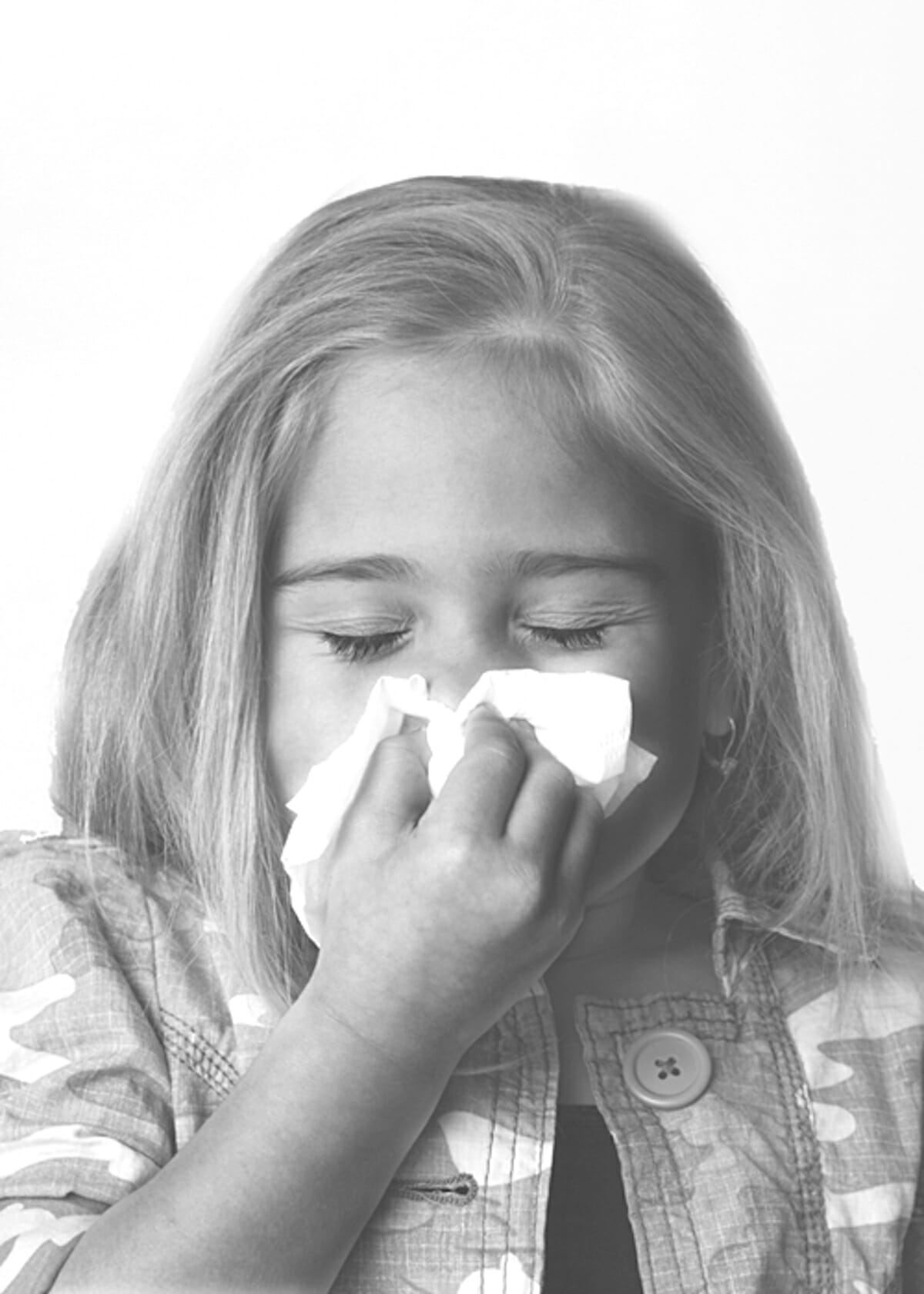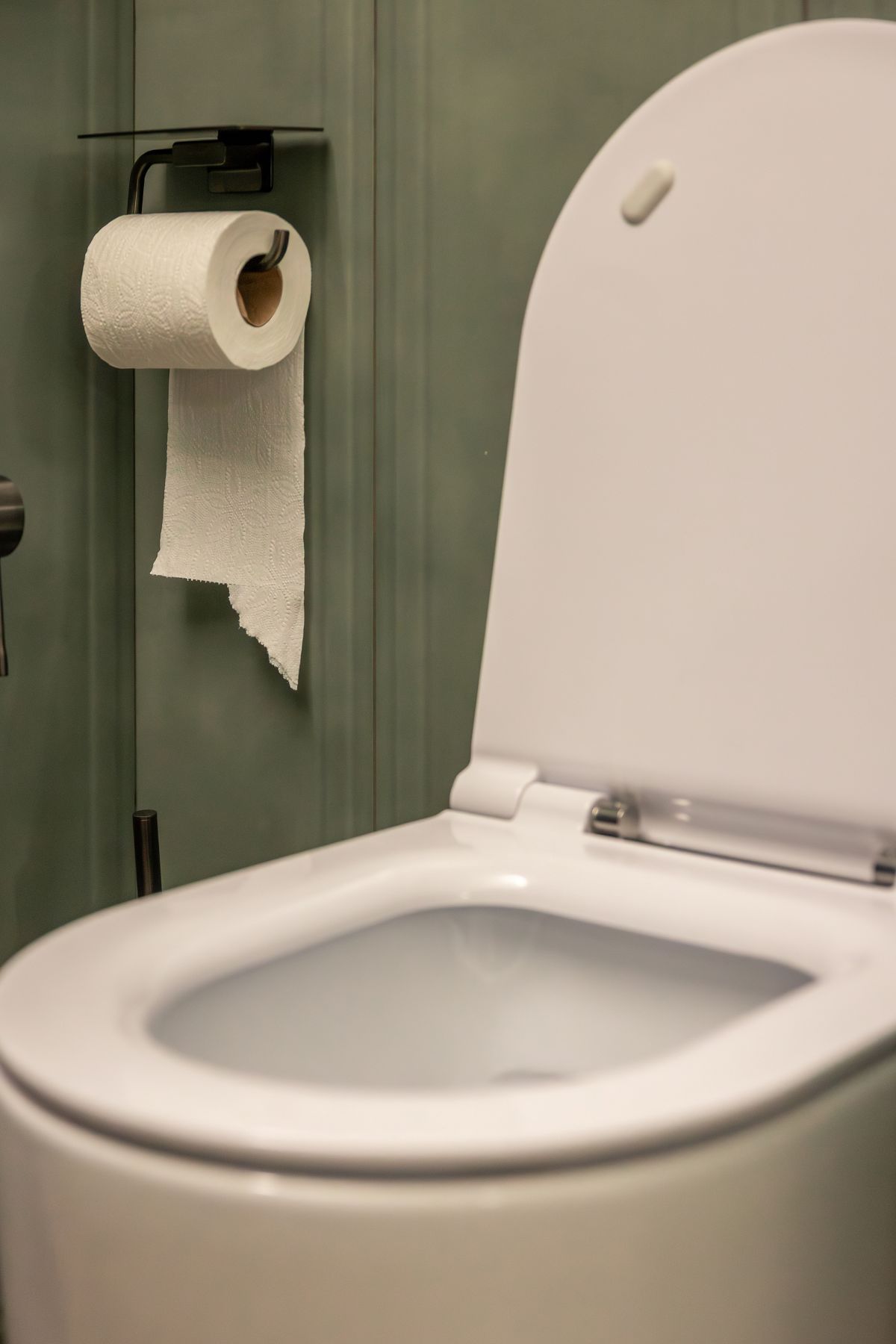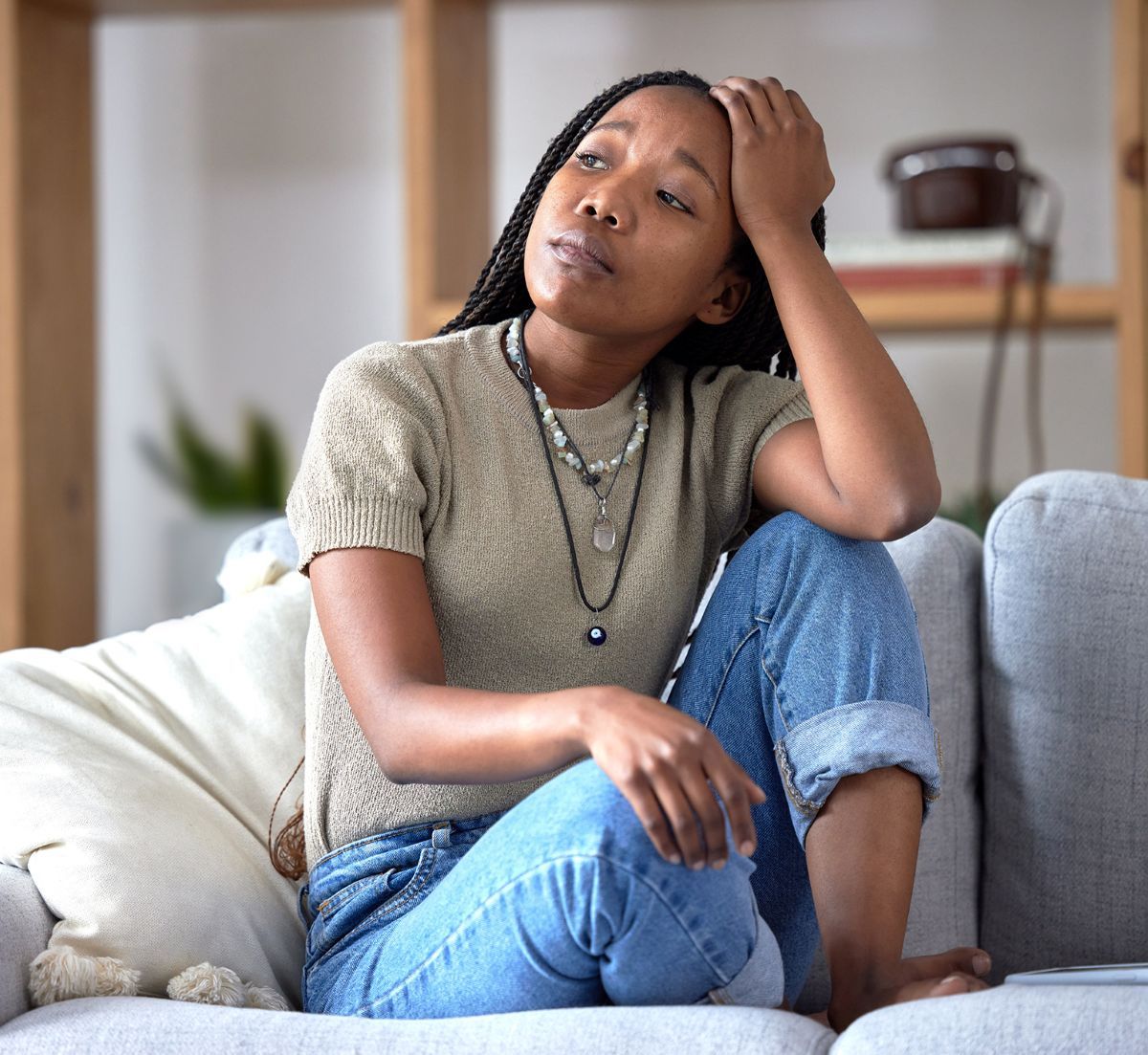Mental health apps provide a way to access meditation sessions and contact healthcare professionals to discuss the effects of life changes and environment on a person’s mental health. Most apps are free to download, and these may give people access to a limited number of features. To access all of an app’s features, a person may need to pay for a subscription. However, some also offer free features if a person has insurance with a partnered insurance company.
Medical News Today (www. medicalnewstoday. com) chose mental health apps that fit the following criteria:
Support: Apps that provide support for a range of mental health conditions, including anxiety, depression, and PTSD.
Features: Apps that offer different features, such as games, activities, and the ability to talk with licensed therapists.
Price: Apps that fit a range of budgets, from free features to paying for therapy.
Availability: Apps that are available for iOS and Android devices as well as desktop computers.
Quick links
(Please note that the Medical News Today writer of this article has not tried any of these products. All information presented here is purely research-based.)
Best for beginners: Calm
Best for reducing daily stress: Headspace
Best mood journal: Moodnotes
Best for reducing anxiety: Sanvello
Best for children and teenagers: SuperBetter
Best for seeking help anonymously: 7 Cups
Best for forming new habits: Happify
Best for counseling: Talkspace
What are mental health apps?
Around 51.5 million adults in the United States had a mental health condition in 2019. Around 13.1 million of those were serious mental health conditions.
The three most common mental health conditions among U.S. adults are anxiety, depression, and post-traumatic stress disorder (PTSD).
Additionally, mood disorders are currently the most common cause of hospitalization for every U.S. adult under the age of 45 years, excluding pregnancy and birth.
Mental health apps focus on maintaining or improving mental health using methods such as meditation, hypnosis, and cognitive behavioral therapy (CBT) and by providing a valuable support network.
Apps are not a substitute for professional mental health care. Be aware that apps may sell a person’s data. Healthcare professionals must follow all HIPAA laws, whereas apps may be subject to different privacy laws.
Benefits of mental health apps
Most mental health apps use mindfulness and CBT techniques to help people improve their mental health.
Mindfulness meditation is a technique that usually involves focusing on breathing while sitting or lying down or engaging in a gentle activity such as walking. The goal of mindfulness meditation is to recognize negative thoughts and feelings as distracting events and focus on an object or activity such as breathing.
CBT works by encouraging people to form new habits and ways of thinking to reduce the symptoms of mental health conditions. For example, CBT for a person with depression may include encouraging them to take steps toward going to social events and meeting up with friends and family.
Studies into apps that use these techniques — such as Calm, Headspace, and SuperBetter — seem to suggest that engaging in mindfulness meditation and CBT through an app can improve mental health.
What else can you do to improve your mental health?
One way to improve mental health is by engaging in regular exercise.
According to the Centers for Disease Control and Prevention (CDC.gov), getting regular exercise can help with:
depression
anxiety
stress
attention deficit hyperactivity disorder
PTSD
self-esteem
sleep
People should try to exercise for at least 30 minutes every day. However, exercising for a shorter amount of time is still more beneficial than not exercising at all.
When should you contact a doctor?
People may wish to contact a doctor if they experience any of the following:
excessive feelings of worry and fear
profound sadness
changes in mood, sleeping, or eating habits
sudden mood shifts or more mood shifts than usual
anger and irritability
fatigue
confusion or difficulty concentrating
feelings of guilt or worthlessness
avoidance of social activities
SUICIDE PREVENTION
If you know someone at immediate risk of self-harm, suicide, or hurting another person:
Ask the tough question: “Are you considering suicide?”
Listen to the person without judgment.
Call 911 or the local emergency number, or text TALK to 741741 to communicate with a trained crisis counselor.
Stay with the person until professional help arrives.
Try to remove any weapons, medications, or other potentially harmful objects.
If you or someone you know is having thoughts of suicide, a prevention hotline can help. The National Suicide Prevention Lifeline is available 24 hours per day at 800-273-8255. During a crisis, people who are hard of hearing can use their preferred relay service or dial 711 then 800-273-8255.
Sources: https://www. medicalnewstoday.com
Written by Hannah Nichols — Medically reviewed by Bethany Juby, PsyD
Benefits of physical activity. (2021).
https://www.cdc.gov/ physicalactivity/basics/pa-health/ index.htm
Chand, S. P., et al. (2021). Cognitive behavior therapy.
https://www.ncbi.nlm.nih.gov/ books/NBK470241/
Economides, M., et al. (2018). Improvements in stress, affect, and irritability following brief use of a mindfulness-based smartphone app: A randomized controlled trial.
https://www.ncbi.nlm.nih.gov/ pmc/articles/PMC6153897/
Health information privacy (n.d.).
https://www.hhs.gov/hipaa/index. html
Huberty, J., et al. (2019). Efficacy of the mindfulness meditation mobile app “Calm” to reduce stress among college students: Randomized controlled trial.
https://www.ncbi.nlm.nih.gov/ pmc/articles/PMC6614998/
Mental health by the numbers. (2021).
Mental health screening. (2021).
https://medlineplus.gov/lab-tests/ mental-health-screening/
Roepke, A. N., et al. (2015). Randomized controlled trial of SuperBetter, a smartphone-based/ internet-based self-help tool to reduce depressive symptoms [Abstract].
https://pubmed.ncbi.nlm.nih. gov/26182069/
Wielgosz, J., et al. (2019). Mindfulness meditation and psychopathology.










